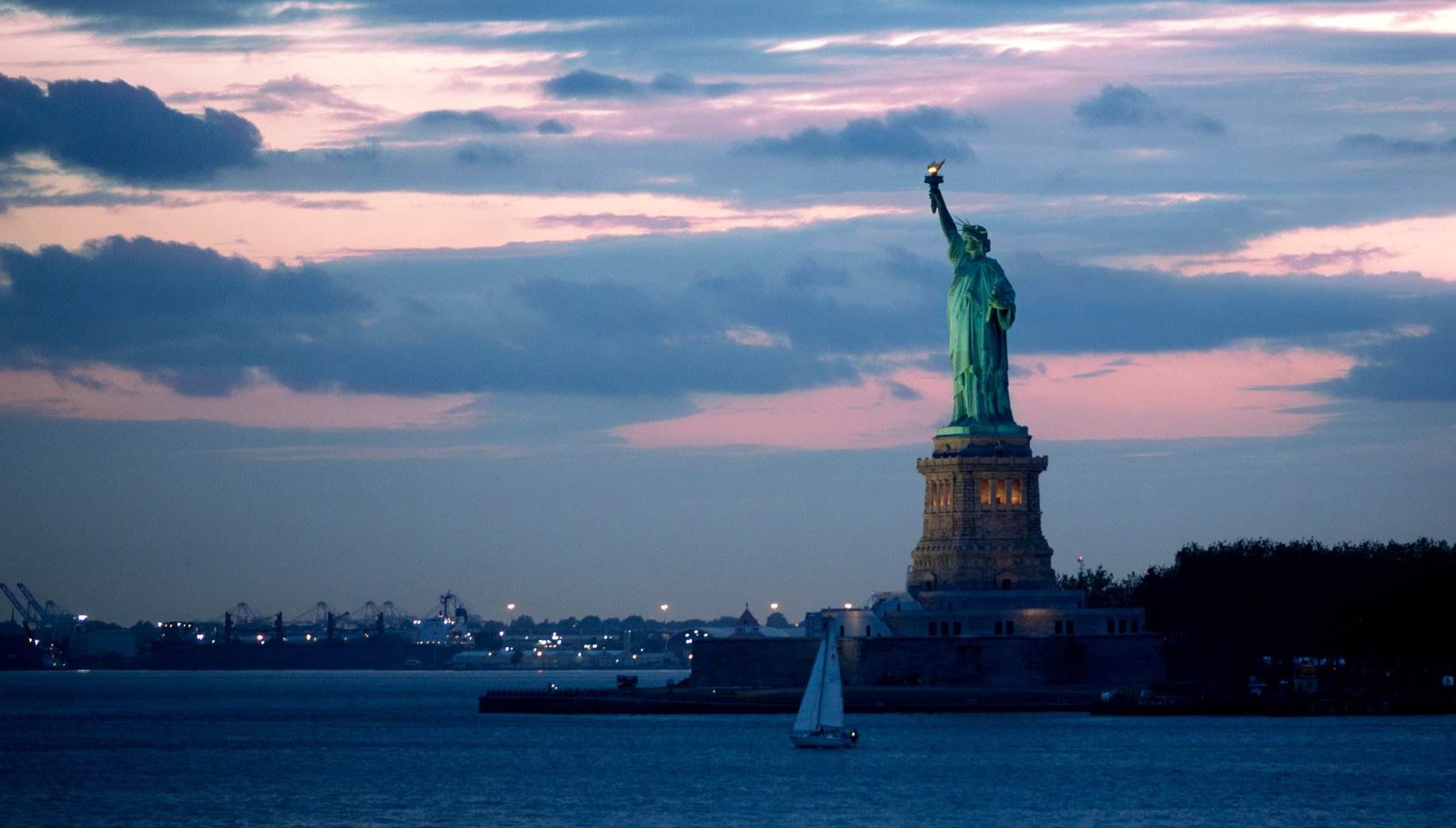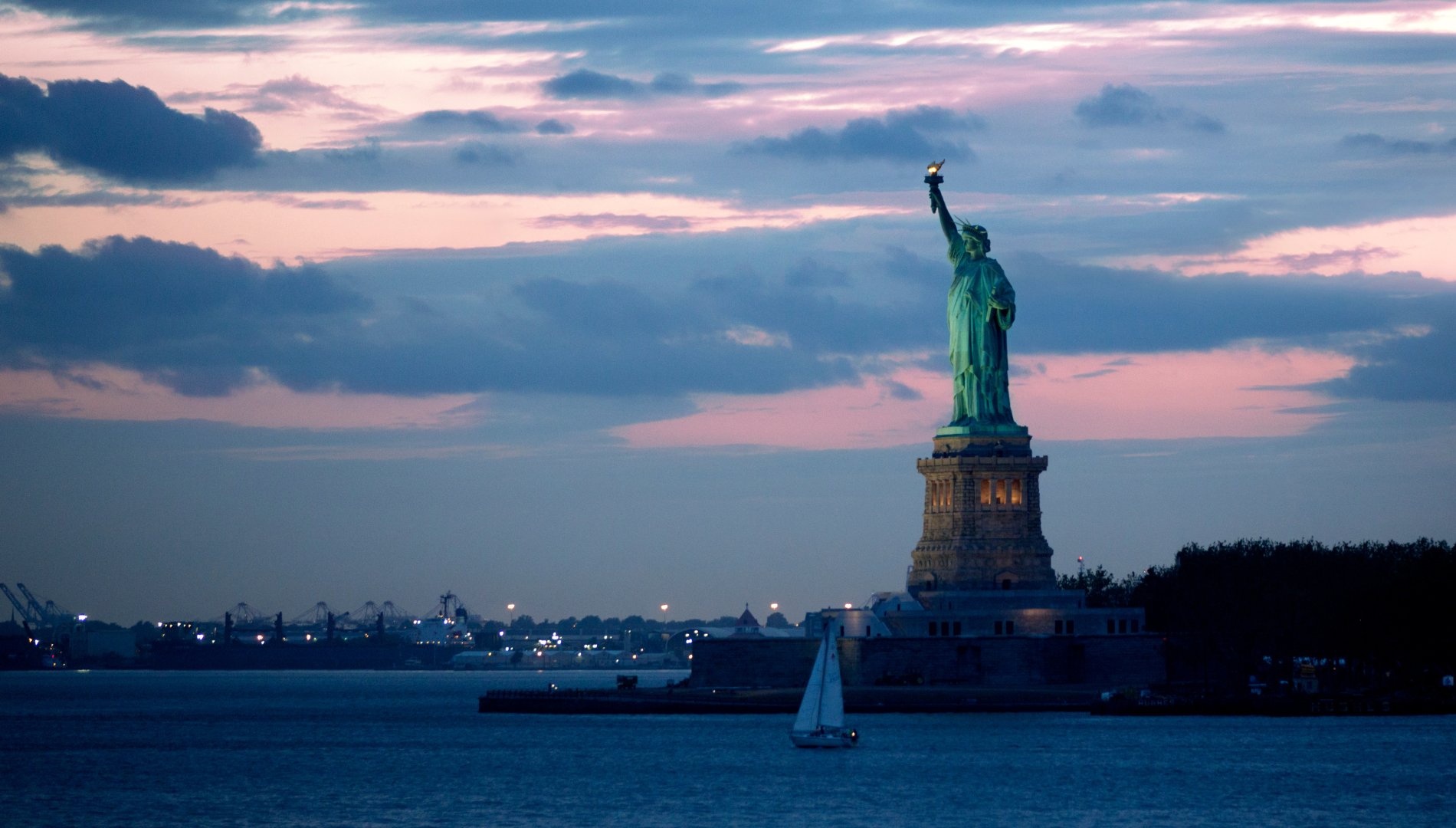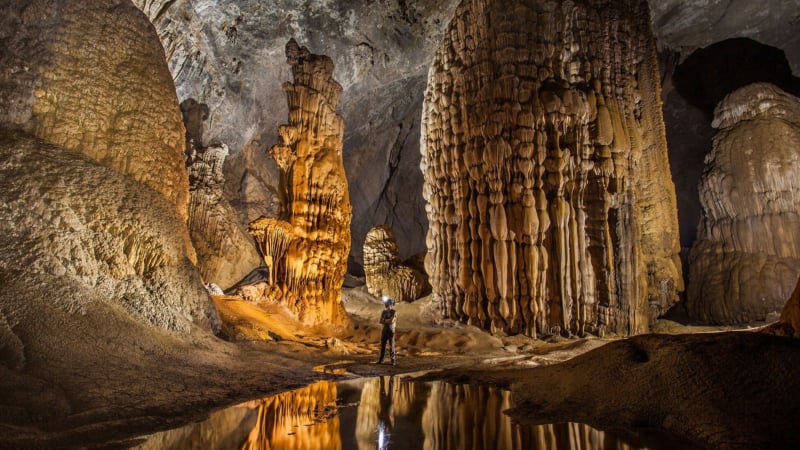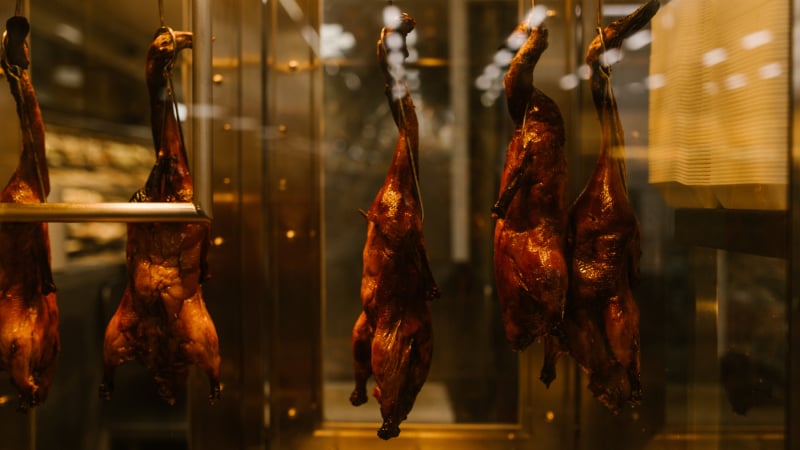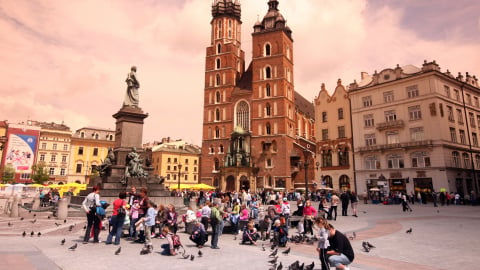A new provision in the One Big Beautiful Bill, recently enacted by the Trump administration, is causing widespread concern in the global tourism industry. Under this provision, international visitors to the United States will be required to pay a minimum "visa guarantee fee" of $250, effective from fiscal year 2025 (beginning October 1, 2025). While set at a minimum of $250, this fee can be adjusted upwards at the discretion of the Secretary of Homeland Security.
This new fee will apply to all applicants for nonimmigrant visas, including tourists, businesspeople, and international students. Notably, this fee is only collected upon visa approval, meaning that rejected applications will not be charged. This represents a significant addition to the total visa cost. For example, an H-1B worker, who already paid a $205 application fee, may now face a total of $455 after this guarantee fee is applied. Furthermore, this fee must be paid in addition to the "Form I-94 fee," which has been increased from $6 to $24 under the One Big Beautiful Bill.
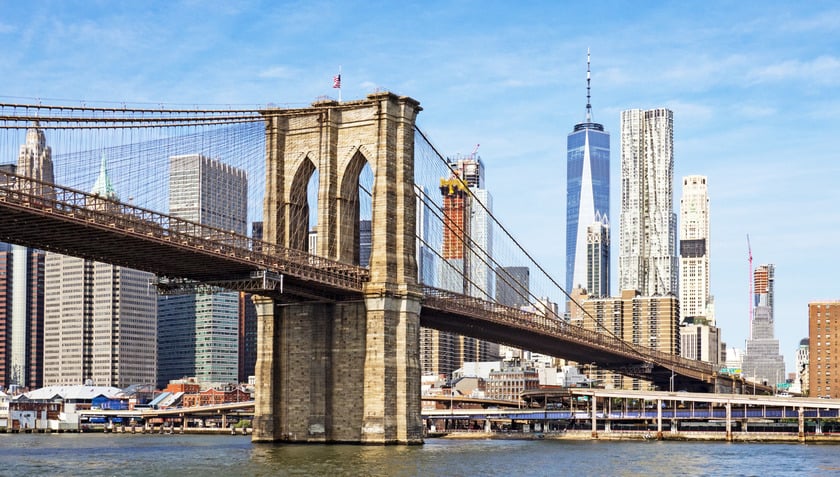
The US will implement a new visa fee, increasing it by $250. However, this move has met with strong opposition from the global tourism industry.
The refund process for this fee is also a controversial issue. To receive a refund, visa holders must strictly adhere to conditions, including not working illegally and not overstaying their visa by more than five days. The refund will be processed after the tourist visa expires. However, according to Steven A. Brown, a member of the immigration law firm Reddy Neumann Brown PC in Houston, travelers should consider this fee non-refundable. Brown explains, "It would be great if you could get a refund, but it's often difficult to get money back from the government." He also emphasizes that clients should view the refund as a "reward" rather than an inherent right.
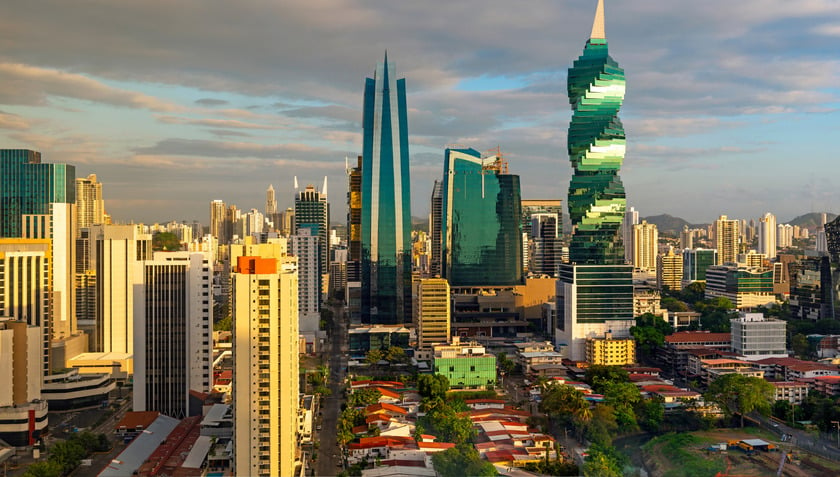
This fee, called the "Visa Integrity Fee," will be added to the existing visa application fee.
Mr. Brown also predicted that the "visa guarantee fee" would have a stronger impact on holders of B visas (leisure and business travelers) and international students than other groups of travelers.
The U.S. Travel Association is also raising questions about the fee collection mechanism. A spokesperson for the association questioned, "The bill requires the Secretary of Homeland Security to collect fees, but that agency doesn't own the process for applying for, issuing, or renewing visas." This ambiguity regarding the process is raising concerns about the feasibility of implementation.
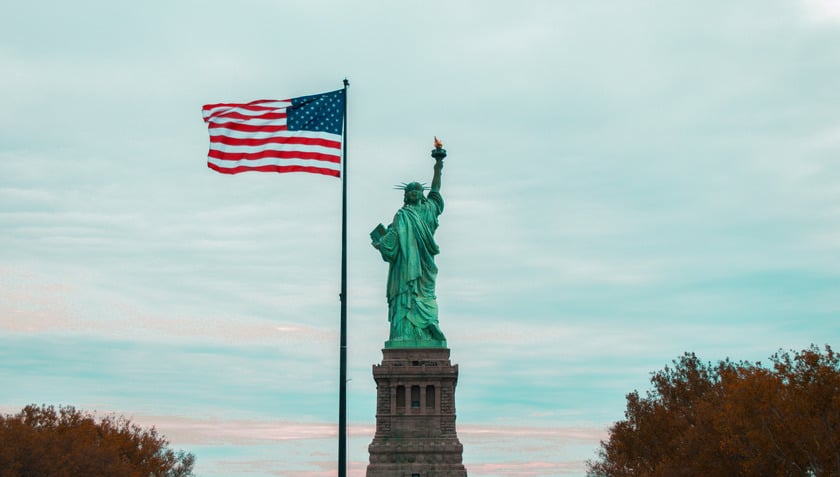
The aim of the law is to increase revenue from legal immigrants to offset the costs of controlling illegal immigration and enhance border security.
The U.S. Congressional Budget Office (CBO) has offered a rather pessimistic forecast regarding the likelihood of refunds. Because many visas are valid for several years, the CBO anticipates "very few people will request refunds." The agency also stated that the State Department will need several years to implement an effective refund process. Based on this, the CBO estimates that this provision will help increase revenue and reduce the budget deficit by $28.9 billion between 2025 and 2034.
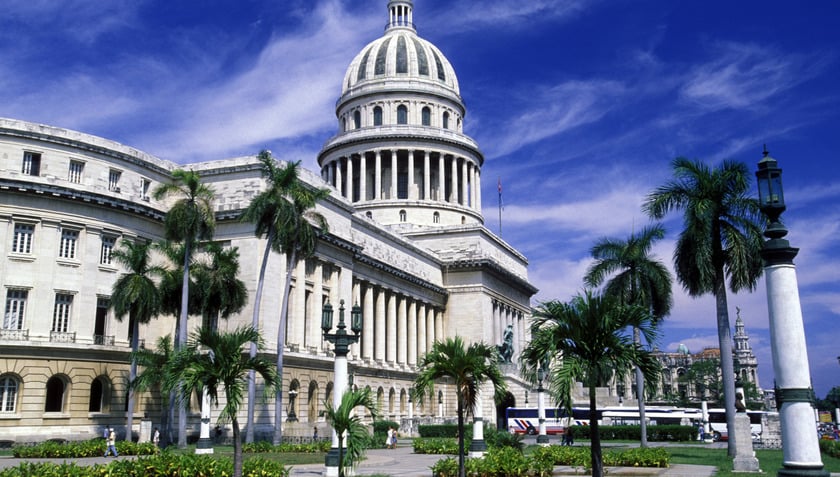
According to the White House, requiring temporary visa applicants to make financial contributions will help ease the burden on the U.S. security and immigration system.
On the government side, a spokesperson for the Department of Homeland Security (DHS) told CNBC that, "President Trump's One Big Beautiful Bill provides the policies and resources necessary to restore integrity to the nation's immigration system." This indicates the government's goal is to tighten immigration regulations and increase revenue.
Although data shows that most visa holders comply with entry requirements (only about 1-2% of non-immigrant visitors overstayed their visas between 2016 and 2022), an estimated 42% of the 11 million undocumented immigrants in the U.S. initially entered legally but then overstayed their visas. This suggests that, while uncommon, visa overstay remains a significant factor in illegal immigration and may be one of the main motivations behind the introduction of this new fee.

 VI
VI EN
EN



